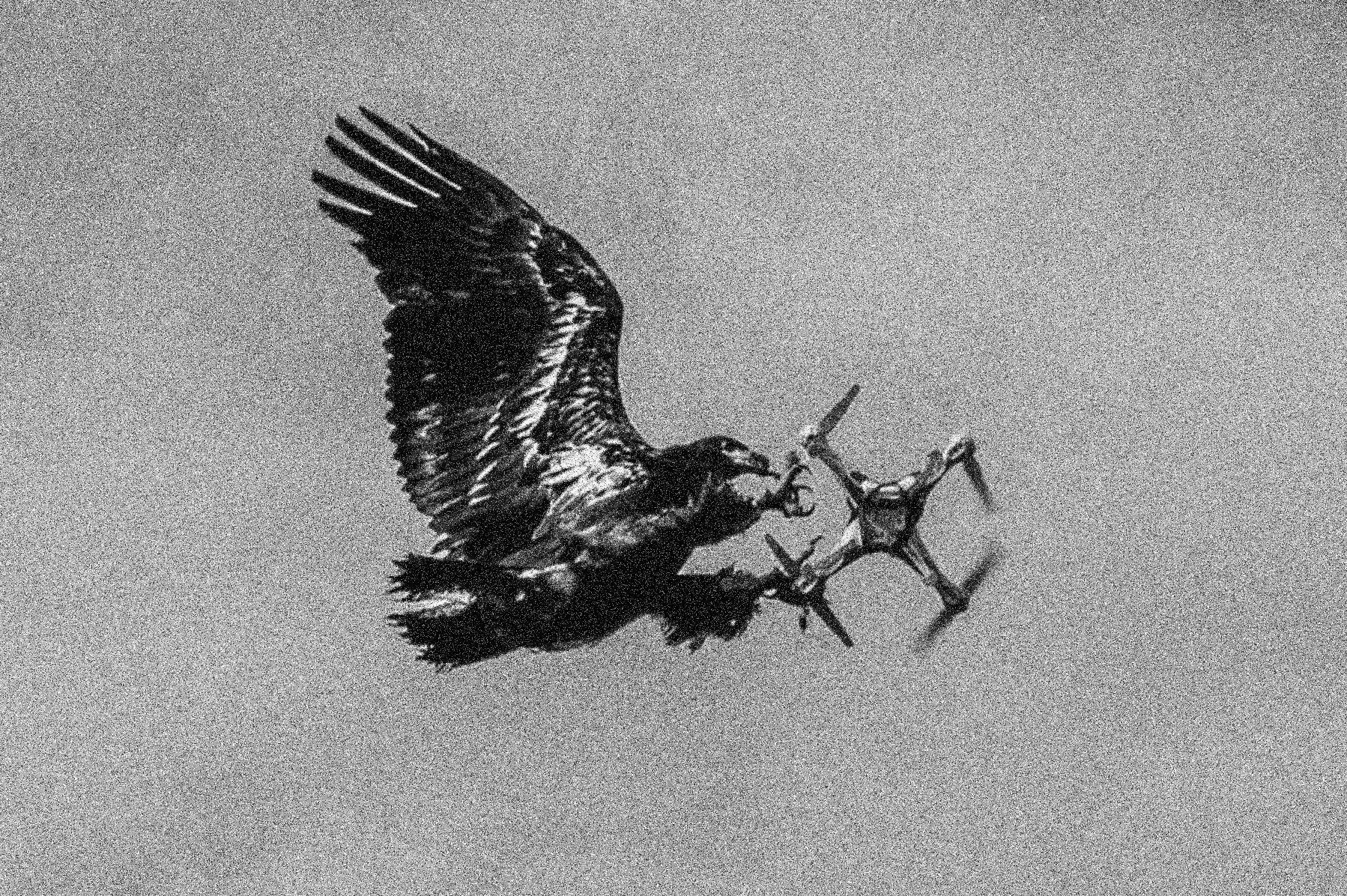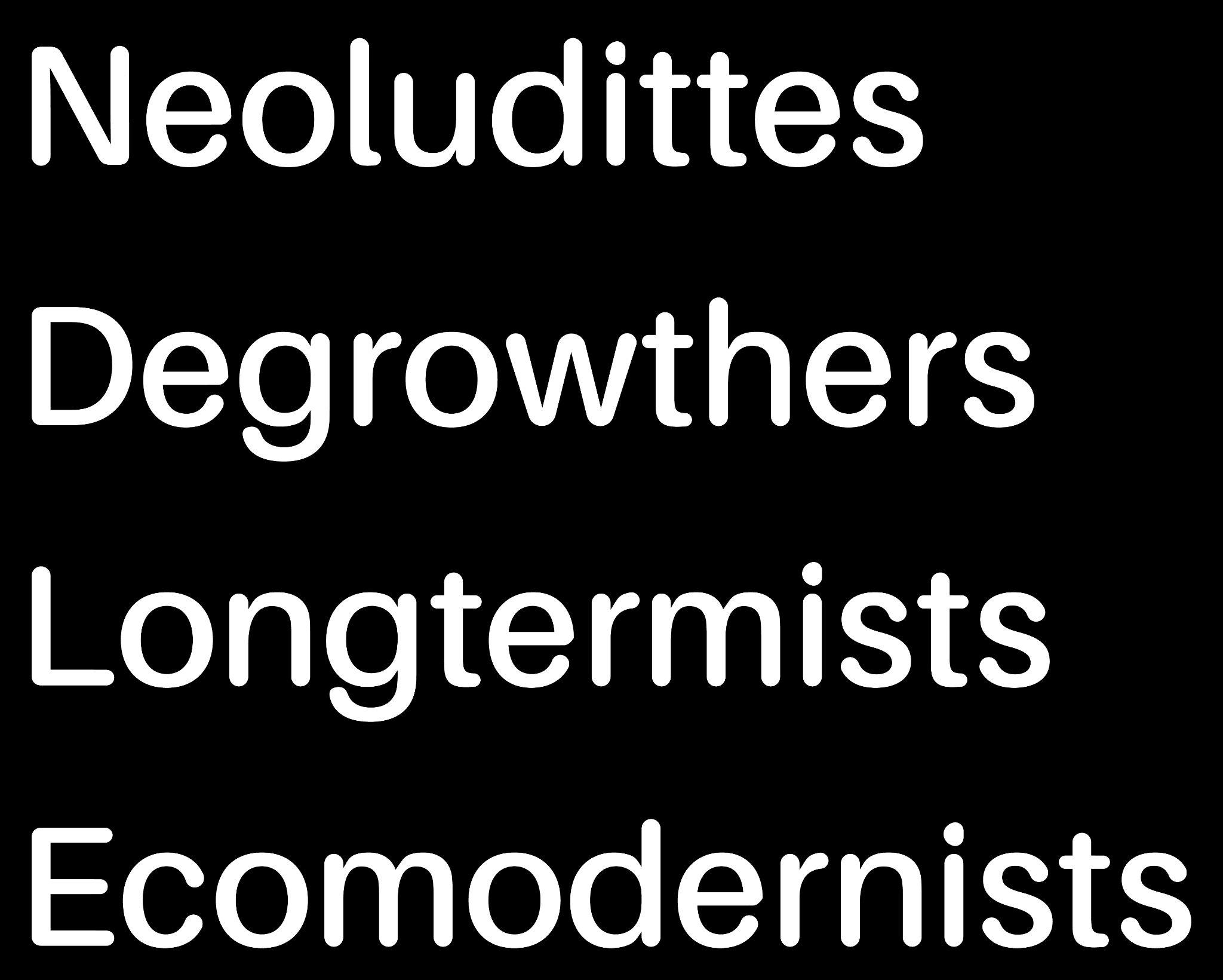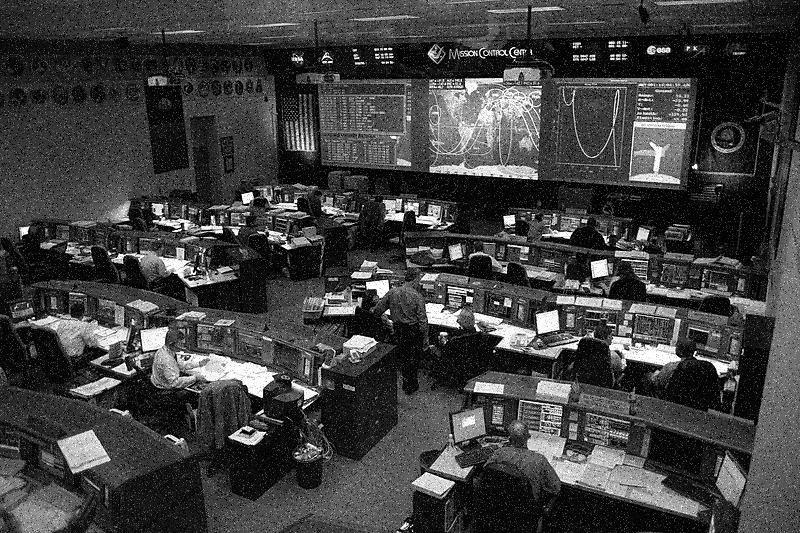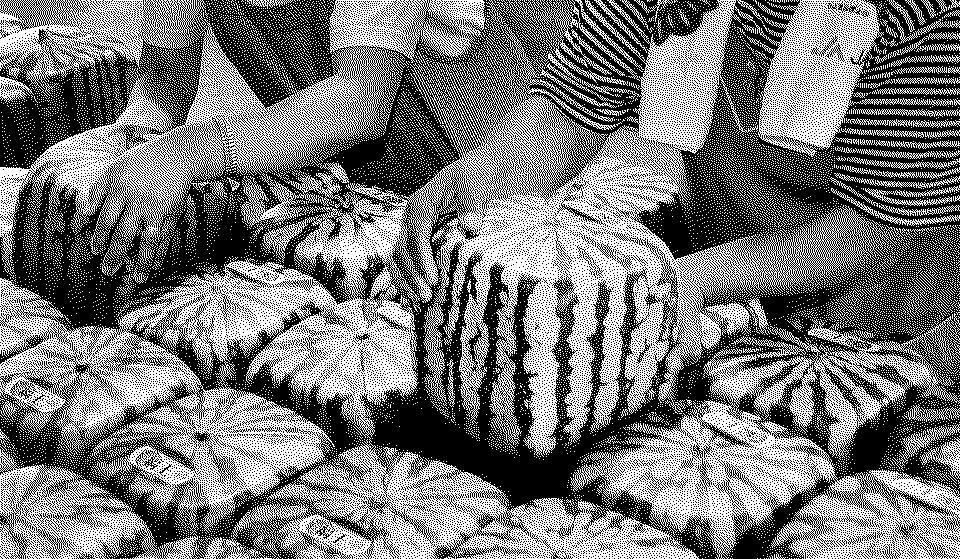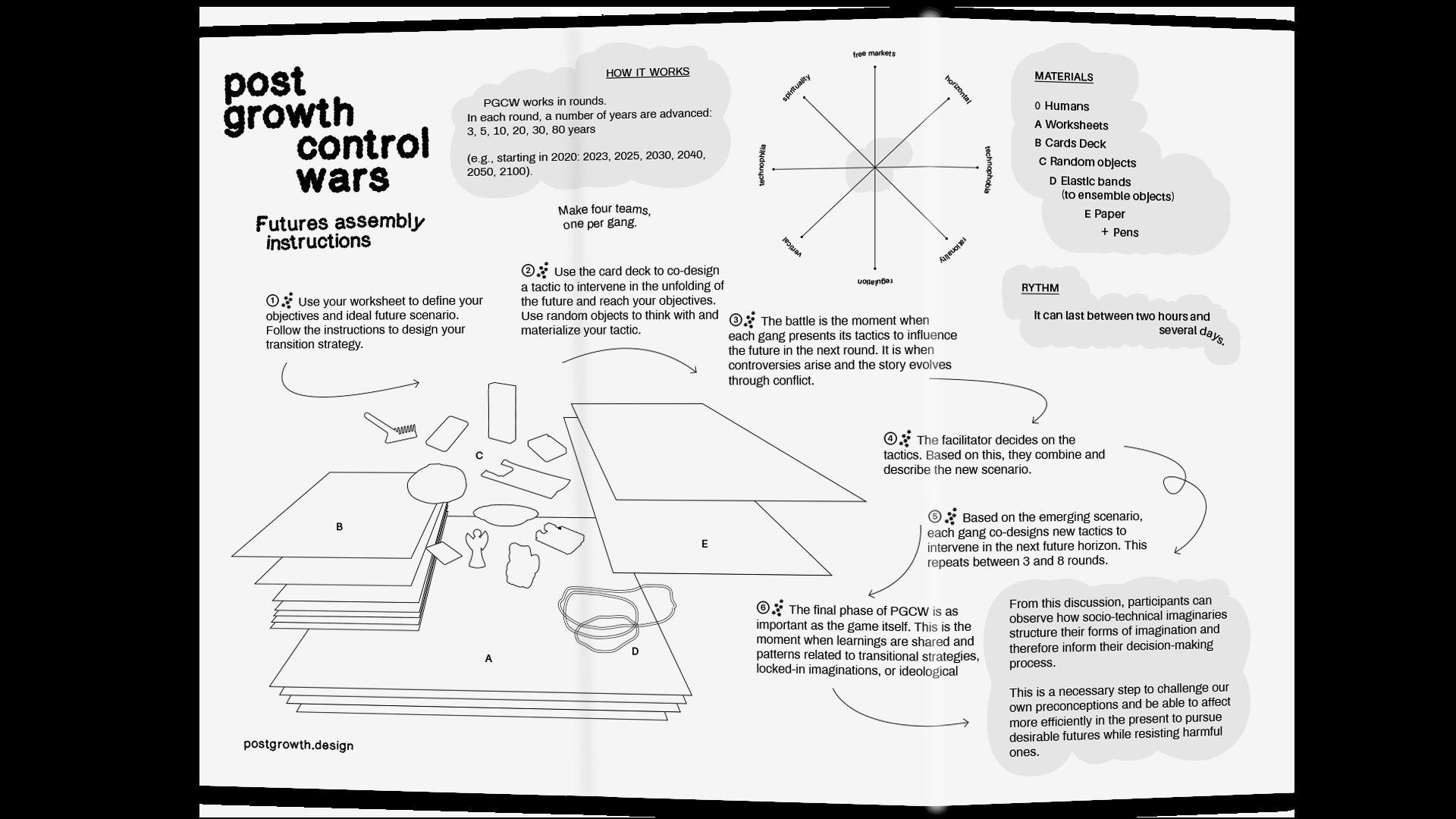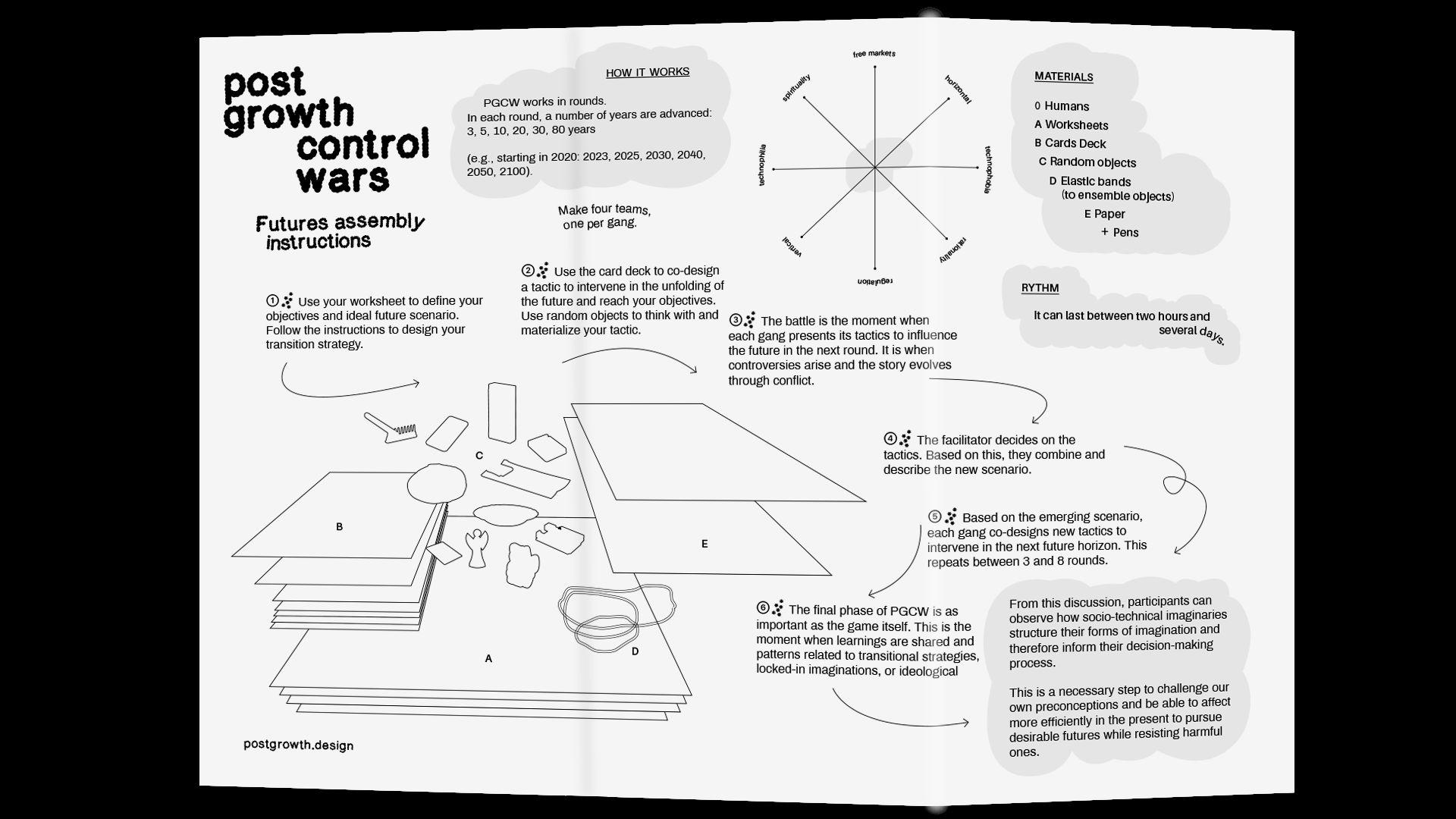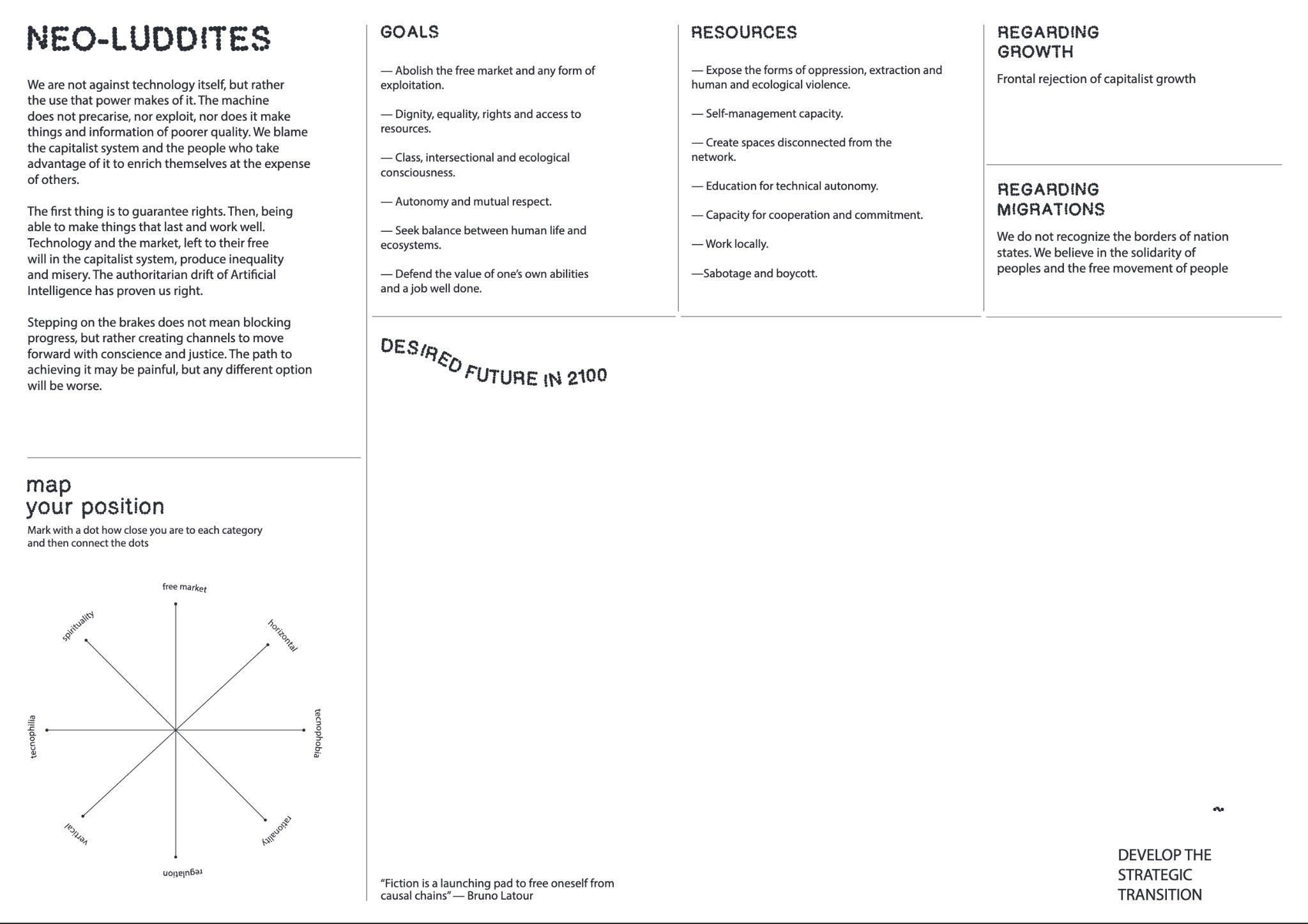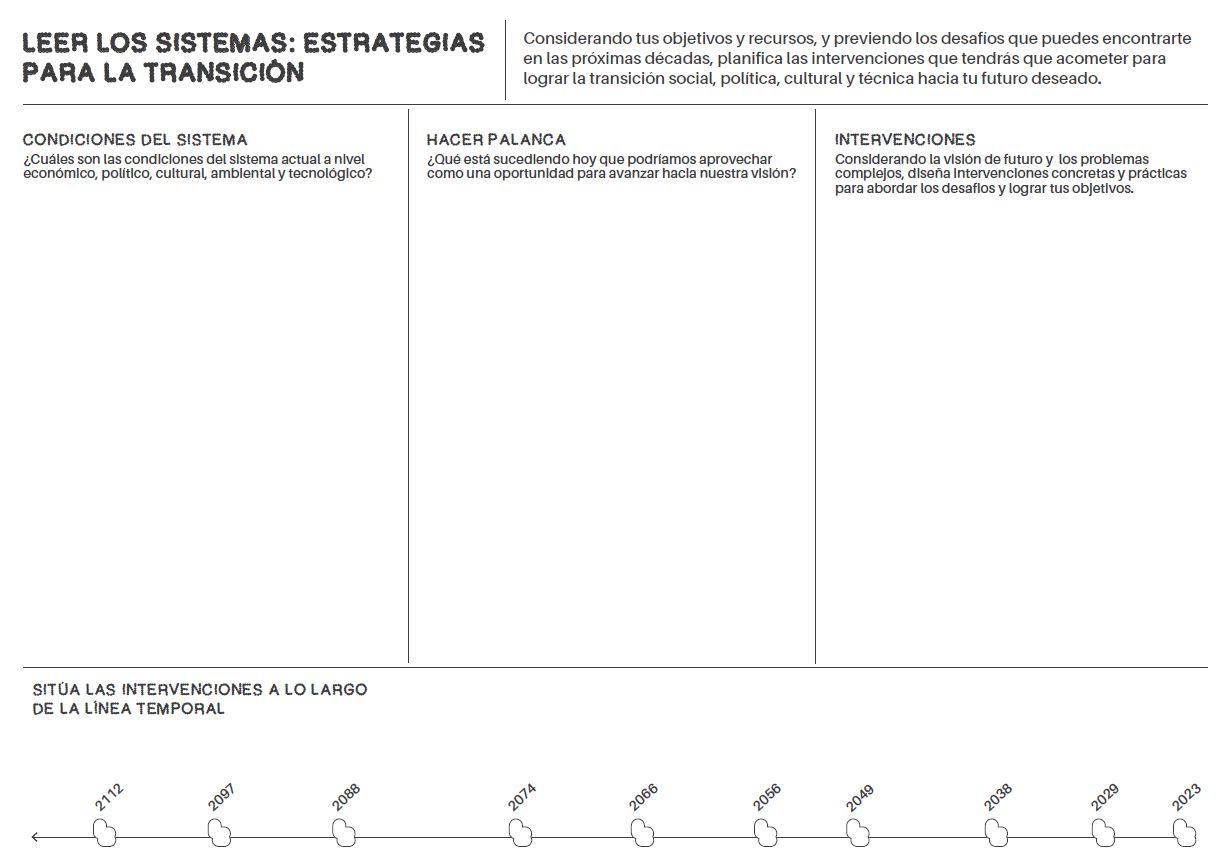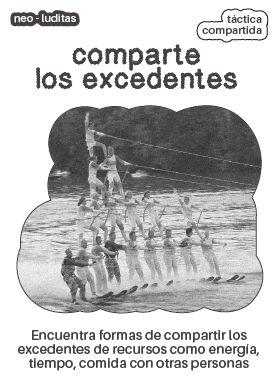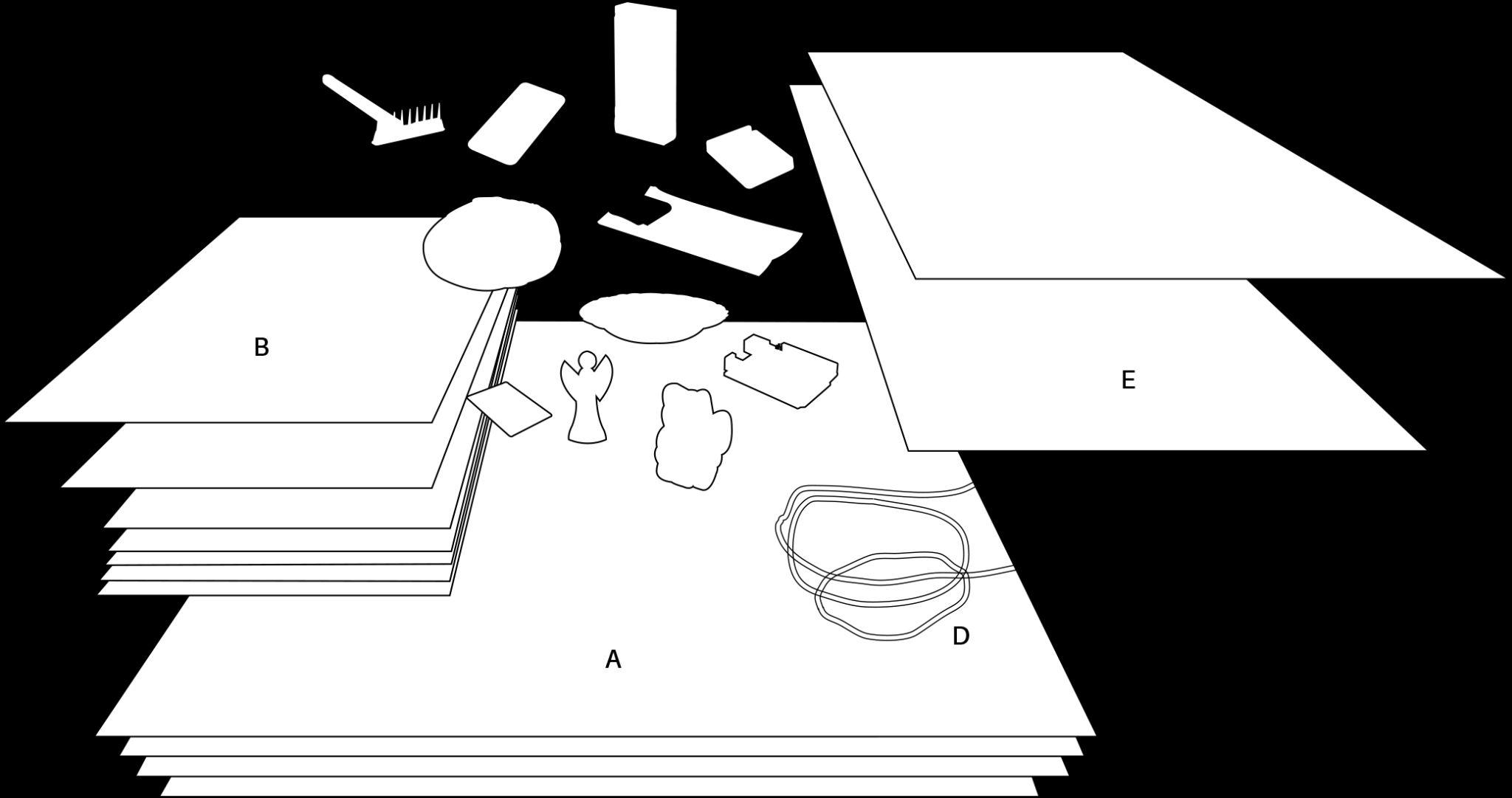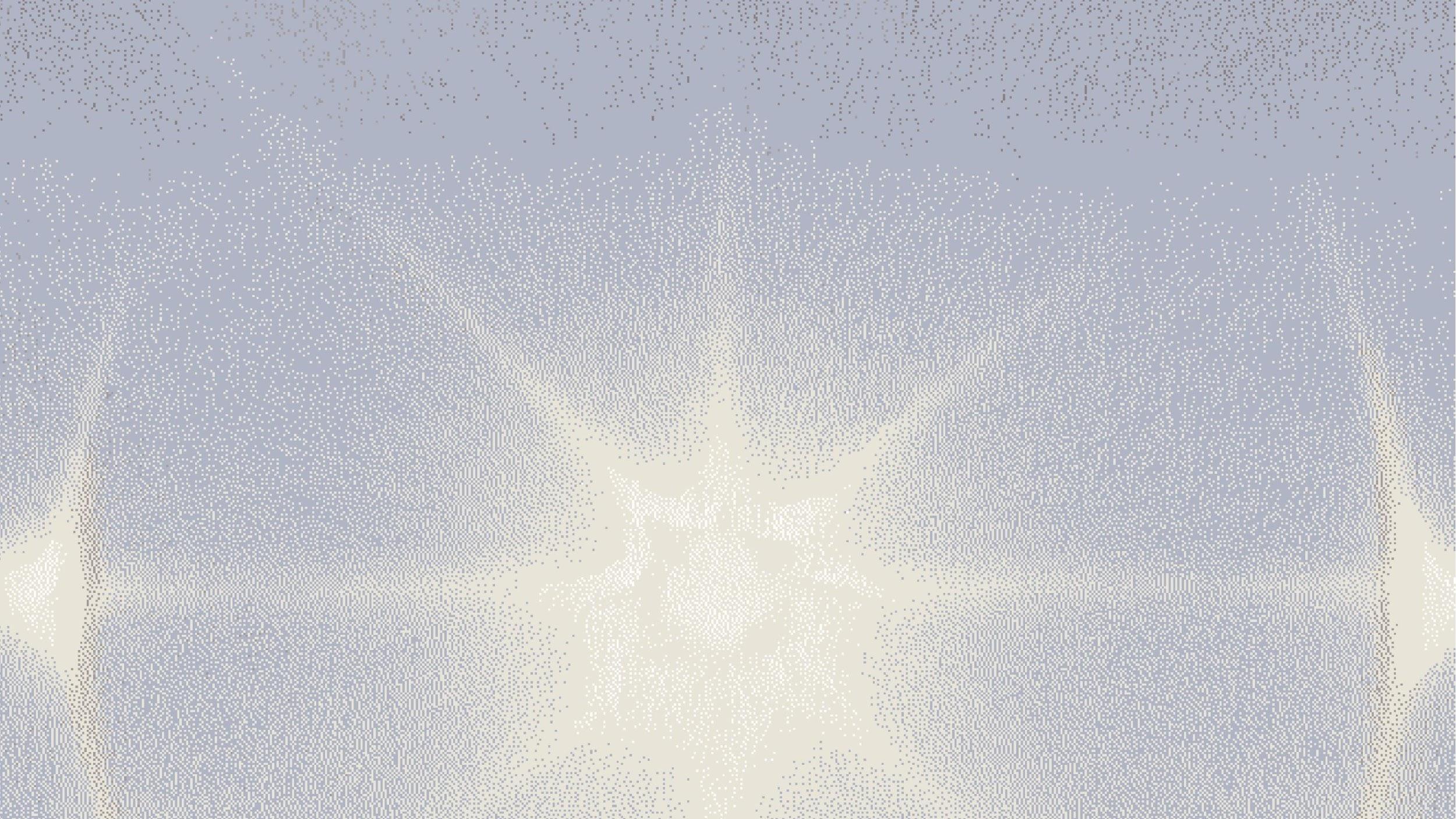
The future is a space of political struggle that is defined by the worlding capacities (and limitations) of both humans and non-humans.


We do not shape the future itself,but we intervene in present constellations and thereby influence future developments,more or less indirectly.
Control Wars is a scenario-building method for co-designing futures through play, generative conflict and prototyping. Through evolving scenarios that intersect technology, politics, culture and governance, participants rehearse strategic and systems design.
Conceived as an adaptive tool, Control Wars has explored themes such as Data Commons, AI, Climate
Change, Space Exploration, and social change during COVID-19.

Post-Growth Control Wars is the last iteration of this research space. It is aimed at five objetives:


Observe social expectations in relation to the controversies surrounding degrowth and sustainability at the convergence of industry, governance, technology, and economy.

Stimulate social imagination through the collaborative production of sociotechnical scenarios framed by planetary



Challenge modern optimism based on the myth that techno-scientific progress can do it all—and the futures it produces.
Decolonize imaginaries captured by technocapitalist logics.
Rehearse transition strategies towards a post-growth society.
Post-Growth

